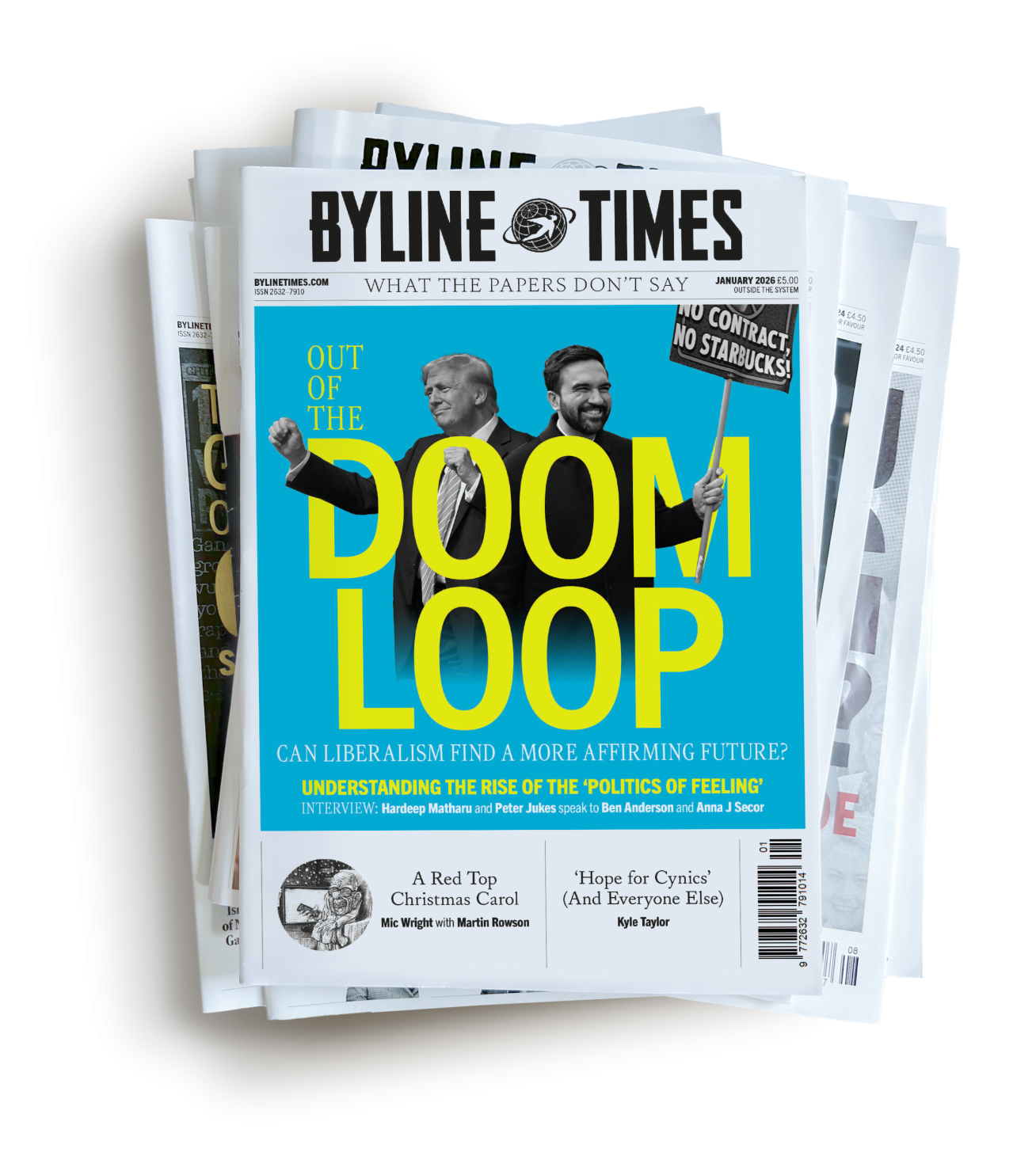
Read our Digital & Print Editions
And support our mission to provide fearless stories about and outside the media system
The lead-up to the vote on the Government’s welfare cuts – particularly to the Personal Independent Payment (PIP) – was a hellish time for me and, most likely, for many disabled people.
Even with a climb-down in the face of a backbench revolt that saw concessions made, including the dubious announcement that only new PIP claimants will be affected, it all leaves me wondering where we are.
What remains in the bill is changes to Universal Credit (UC), which is means-tested and will affect claimants who are currently seen as unfit for work. What does this say about our society? What do they want us to do? Why do they continue to consider us separate? We are entirely ‘othered’.
There is a burdensome irony in the failure of successive governments to invest in actions which could reduce barriers and provide disabled people with the support that would make work environments equal and equitable. No disabled person imposes their own barriers – we merely endure those placed on us by uninterested non-disabled politicians.
Now the Welfare Bill has been passed, it highlights how we are condemned. A problem for someone else to deal with. Tied up with strings of resolute refusal to grasp the reality of what disability is. Yet again.
It is 15 years since I was immersed in the fight to keep open the then Independent Living Fund, which allowed people like myself to live as independent members of the community; to be productive beyond mere pound signs; and which kept us hopeful that we had a role to play in society. It understood that it is helpful to see ‘independence’ in its broader context – not so much in the literal sense of doing everything in every aspect of your life at ground-level minutiae (which no one does anyway, when fully examined), but around the principles of rights to choice and control.
I was there with activist colleagues when the judges came in at the High Court during the legal challenge to the ILF’s closure in 2014: there was a grim paradox to them having personal ushers pull out their chairs, ready for their august posteriors to sit upon – presumably an extension of more ceremonial pomposity as no judge disclosed disability on that day.
Disabled people were there, fighting for their right to freedoms at the most basic level: such as not sleeping in your own piss; and the right to decide when to get out of bed, supported by a personal assistant, which could ultimately enable you to work.
We lost and the ILF was closed in 2015. Local authorities were supposed to receive transitional payments to take us through to a new age of independent living. Countless numbers of disabled people were failed and any hard-won freedoms soon cut back.
So is it any wonder that disabled people are terrified about what is happening to PIP, now and for future generations? Here we are, reeling in disbelief as we unravel the true impact of these changes, as we attempt to find new strength for future battles as the bill moves on.
The confusion about what is being done to the disability components of UC remains raw and terrifying for younger disabled people. MPs across all parties have been culpable throughout the campaign, misunderstanding what each benefit means and what the rules are – crucially, that PIP is not means-tested, whereas UC is an income-based benefit.
I’m a complete veteran and I’m bewildered.
Almost two years ago, forced through the migration from Working Tax Credit (WTC) to Limited Capability for Work-Related Activity Universal Credit (LCWRA UC – ridiculous!), I’m unsure of my future in this context, finding meagre solace that I am nearing pension age.
Yes, the current reality – and future threats – make me fearful for younger disabled people. With many other colleagues and comrades, friends and allies, we have truly fought to change things for the better. And now a Labour Government seems set to dismantle any changes that we have achieved. As a lifelong socialist, it really does push me almost to the point of insensibility that this is still happening.
Another aspect rarely considered is the need for politicians to think beyond why ‘work’, in its current definition, is taken to be the only model of any human value. Regardless of anything else, it furthers the greediest extremes of capitalism. To be a little provocative: why would someone not want to work? When would we accept that as being okay? Leaving aside arguments about disability and chronic ill-health, is employment, and how it is imposed upon the many, the ultimate in life’s meaning? Do we really live in a world where our value as human beings continues to be assessed by what is pulled from us as automatons of profit-making production for the already wealthy?
There are massive, indecently rich, companies that are going un- and under-taxed. How dare we condemn disabled people who face barriers to work, and those tackling mobility and health issues, for working environments and conditions they are not responsible for?
Why do people have to put themselves through so much horror – and it is horror – to gain a pitiful benefit that supports mere survival rather than a life with the possibility of personal, emotional, and practical flourishing?
After the fall-out of the Welfare Bill debacle, this is where my thoughts are right now. I am shattered and sickened.
Penny Pepper is an award-winning author, poet, and disabled activist


